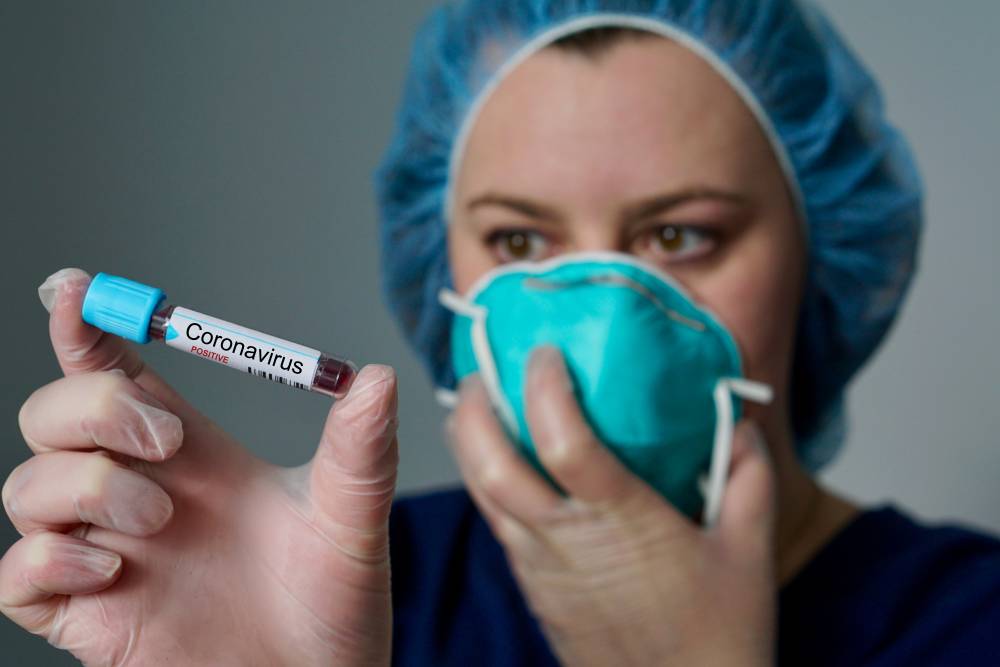
Past three months, COVID-19 has spread to almost every country infecting over 500,000 people and disrupting people’s lives in the most unthinkable way. It has claimed lives, crashed economies and has broken health care systems even in developed countries like U.S., UK, Italy and Spain.
In India, the number of coronavirus has increased to over 900 cases and has taken the toll to 27. While the 21-day lock down is an immediate solution to break the transmission and curb the community spread, it also gives the Government lead time to build capacity to fight the virus. Along with social distancing measures, government must develop a plan to fight the pandemic which includes taking a closer look at our ability to test and detect the virus.
Early patient detection with accurate tests followed by isolation can lower the mortality rate and prevent the virus from spreading. Testing will not only help us to know where the disease is but how it is evolving, and where to target our efforts to control it.
COVID-19 tests are done by taking a swab from a patient’s nose and throat and checking them for the genetic footprint of the virus, called 'Polymerase Chain reaction - PCR tests'.
Countries such as South Korea and Singapore have adopted aggressive testing measures along with isolation and have been successful in containing the transmission to a large extent. In South Korea, the innovative model of drive-thru test clinics has helped mitigate the need to disinfect health care rooms and professionals.
While the criteria for testing has been relaxed, there is a growing concern that India is not testing enough. India has only tested 14,514 cases, as of March 20, 2020 which puts it as one of the lowest in the world. India has been conservative in its approach to testing, owing to many reasons, one of them being that it simply does not have enough testing facilities and kits.
To overcome this shortage, government recently announced that the private players are also allowed to manufacture COVID-19 testing kits that meet the standards set by Indian Council of Medical Research (ICMR). Recently, two private companies – MyLab from Pune and German firm Altona Diagnostics have been approved to sell testing kits to both government and private testing laboratories. In addition, 12 rapid antibody test kits for COVID-19 diagnosis have also been approved. These antibody test kits are being currently marketed and sold by 16 companies from across countries. The advantage of these test kits is that their turn around time to produce results will be only 30 minutes.
ICMR is also expanding its network of testing facilities by the day, engaging with non-ICMR government laboratories such as Council of Scientific & Industrial Research, Defence Research and Development and Organization, Department of Biotechnology, Government medical colleges and private labs to ramp up its testing process. Here’s a look at the approved testing sites-
https://icmr.nic.in/sites/default/files/upload_documents/Testing_sites_for_COVID19.pdf
We hope that the ramping up of our testing facilities along with the lock down strategy will prepare us for any eventualities of the COVID-19 outbreak.


